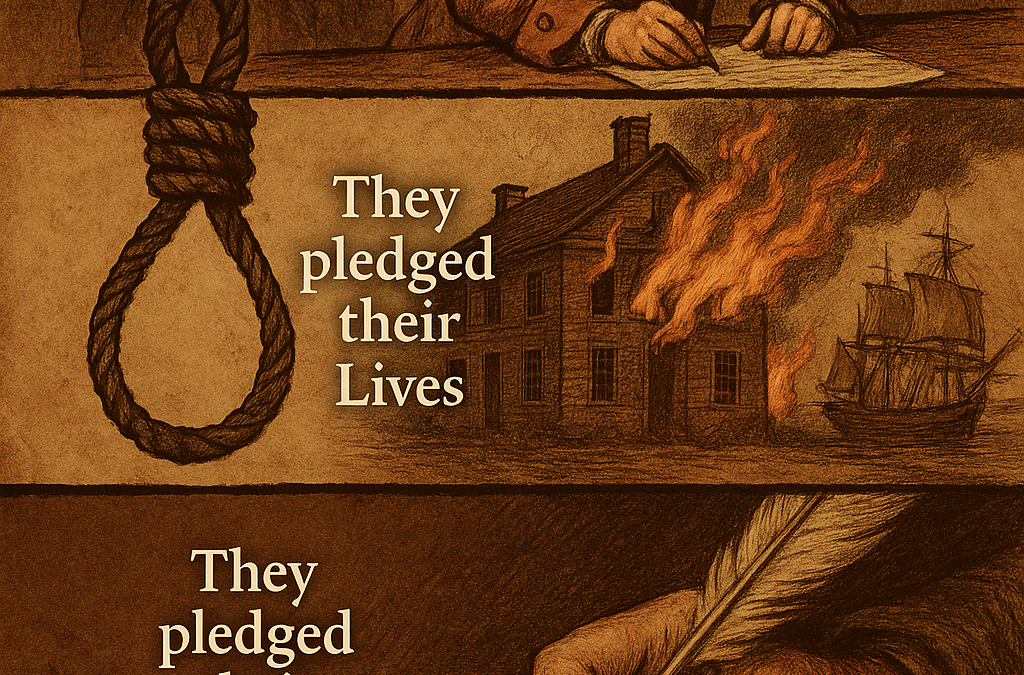🔥 How to Retire Starting with Just $1,000 (Using a Coffee a Day Machine Strategy)
🔥 How to Retire Starting with Just $1,000 (Using a Coffee a Day Machine Strategy)
Let’s be real for a minute.
Most people think retiring takes hundreds of thousands of dollars, risky day trades, or striking it big with crypto.
That’s nonsense.
Here’s what’s actually true:
- ✅ You can start with just $1,000
- ✅ You can earn a conservative 1.5% per week (not moonshot options gambles, just boring consistent premiums)
- ✅ You can reinvest every penny back into your machine
But let’s remove the fantasy compounding and show what really happens with covered calls.
⚙️ Here’s How It Breaks Down – Real Machine Math
💡 Starting Point
- $1,000 starting balance
- Stock at $10/share = 100 shares = 1 contract
💡 Weekly Premiums
- You earn ~$15/week (1.5% of $1,000)
🔢 When Do You Double?
Unlike pure compounding (where your money doubles in ~48 weeks if reinvested fractionally), in covered calls:
- ✅ You only earn premiums on full contract blocks (100 shares).
- ✅ You stack premiums as cash until you can buy another 100 shares. Then your income doubles.
⚠️ Example Without Contributions
| Weeks | Stack | Contracts | Weekly Income |
|---|---|---|---|
| 0 | $0 | 1 | $15 |
| 67 | ~$1,000 | 2 | $30 |
➡️ It takes ~67 weeks (about 1 year and 3 months) to double income from premiums alone, assuming no price changes or contributions.
☕️ Now What Happens If You Add Just Coffee Money?
✅ $5/day = $25/week extra added.
Now your stack builds like this:
- Weekly build: $15 premium + $25 contribution = $40/week growth
✅ Time to your next $1,000 (second contract):
- $1,000 ÷ $40/week ≈ 25 weeks (~6 months)
🚀 Here’s How That Compounds in Real Machine Steps
💡 6 months in:
- You now have 2 contracts earning $30/week.
💡 Next contract (3rd):
- Weekly build: $30 premium + $25 contribution = $55/week
- $1,000 ÷ $55/week ≈ 18 weeks (~4.5 months)
💡 Next contract (4th):
- Weekly build: $45 premium + $25 = $70/week
- $1,000 ÷ $70/week ≈ 14 weeks (~3.5 months)
💡 Next contract (5th):
- Weekly build: $60 premium + $25 = $85/week
- $1,000 ÷ $85/week ≈ 12 weeks (~3 months)
⚙️ Stacking Summary
- ✔ Month 0: 1 contract ($15/week)
- ✔ Month 6: 2 contracts ($30/week)
- ✔ Month 10.5: 3 contracts ($45/week)
- ✔ Month 14: 4 contracts ($60/week)
- ✔ Month 17: 5 contracts ($75/week)
- ✔ Month 20: 6 contracts ($90/week)
- ✔ Month 22.5: 7 contracts ($105/week)
- ✔ Month 24.5: 8 contracts ($120/week)
🔥 At The End of 2 Years
✅ You’re earning ~$120/week x 4 = ~$480/month purely from premiums.
✅ Your snowball is moving faster every month as each new contract accelerates stacking toward the next.
⚠️ Real Operator Reality Check
✅ 2 years in, you’re not at full retirement income yet – but your machine is a fast-rolling snowball.
✅ By year 4-5, with this acceleration, you’re pushing $400-$500/week ($1,600-$2,000/month).
And this is without risky bets or moonshot trades – just:
- ✔ Covered calls
- ✔ Steady reinvestment
- ✔ Small daily contributions (your “coffee money”)
🚀 The Bottom Line
✅ You don’t need a lot to start.
✅ You don’t need risky bets.
✅ You need a machine that compounds in real operational steps, not fantasy finance charts.
If you can:
- Earn 1.5% per week (conservative)
- Reinvest every premium
- Add just “a coffee a day”
You will build retirement-level income in a few short years, with each week accelerating the climb.
That’s not a dream. That’s disciplined, practical math – and math doesn’t care about your feelings. It just works.
⚙️ Your Next Move
✅ Start building your machine.
✅ Stay consistent.
✅ Watch your snowball grow from coffee money to freedom money.
Because at the end of the day, it’s not about how much you start with – it’s about how relentlessly you grow it.
👉 Want to Dive Deeper Into How I Run This Machine?
I wrote a full breakdown for beginners on my blog. Check it out here:
🔗 Make Your Own Machine – Part 1: What Even Is a Stock?
🎁 Ready to Start Building Right Now?
Grow wealth. Stack shares. Collect premium. And hey – grab some free stocks and free money while you’re at it.
👉 Start your own Robinhood account here.
No pressure. But if you’re gonna play the game, you might as well start with a little house money.
